Premium Only Content
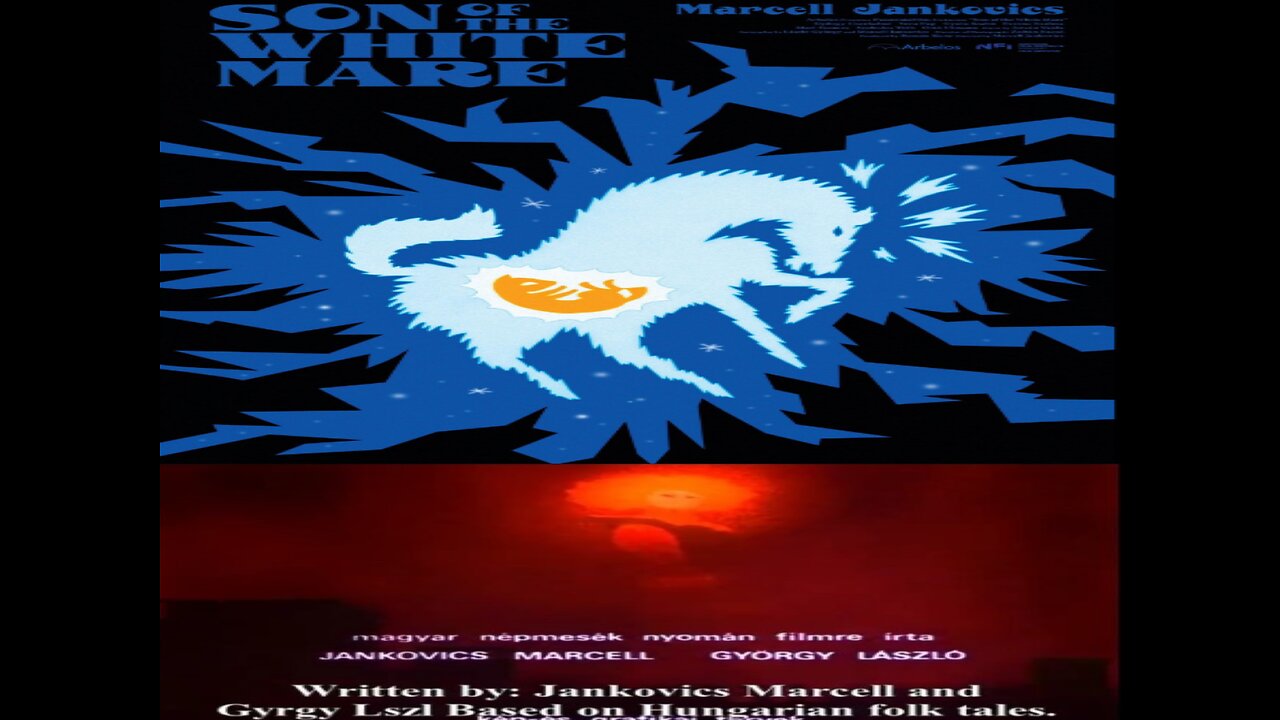
Fehérlófia - Son of the White Mare - 1981
In this dreamlike Hungarian folk myth, a horse goddess gives birth to three powerful brothers who set out into the Underworld to save three princesses from three evil dragons and reclaim their ancestors' lost kingdom.
Director
Marcell Jankovics
Writers
László György Marcell Jankovics
The movie is a pastiche of many similar Hungarian and Eurasian folk tales and owes much to the myths of ancient Magyars, Scythians and Avarians. According to the Hungarian Ethnographic Lexicon, there are at least 50 different forms of this story, but the film was mostly based on "Fehérlófia" (as penned by poet László Arany) and "Fanyüvö, Vasgyúró, Hegyhengergetö" (by Gyula Illyés). One common criticism against the film is that the story, characters and its perceived messages are different from Arany's version of Fehérlófia. Director Marcell Jankovics confirmed that his aim wasn't to make a faithful adaptation of any single fable, but to create his own version. Most of the differences between the versions are detailed in the movie's FAQ section, but here are some notable ones:
In Arany's version, Fehérlófia (Son of the White Mare) and Fanyüvö (Treeshaker or Treetearer) are separate characters, and Fehérlófia kills all three of his servants, including the weak Fanyüvö at the end for their betrayal. In Illyés's version, Fanyüvö is the powerful main hero who only has two companions whom he spares at the end, but he has human parents. The film meshes these two into one and even combines their names: Fanyüvö Fehérlófia. Jankovics stated he had based the characters more on the story's second version because he believed viewers would be bored if each task had to be repeated four rather than three times.
Other differences include expanding on the backstory of the world, its rulers, the princesses and the dragons, and combining the fable with the myth of the World Tree. In most other versions of the tale, none of these have any background. The film's first 14 or so minutes are not part of the stories, this scene was a unique addition.
In the film, Fehérlófia's parents are deities, the Rain King and the Snow Queen, and the Hétszünyö Kapanyányimonyók (Seven-Hearted Lobahobgoblin) is the King in disguise. The folk tales contain no such connotations; the Goblin is a villain, and the King is a human unrelated to the main characters.
Depending on the version, the hero's mother is either a human woman or a horse without an explicit backstory, though sometimes, she's a cow or a sheep.
Certain scenes or quotes were also taken from other versions of the tale. In specific, the scene of Vasgyúró (alternatively named Ironkneader, Ironrubber or Irontemperer in English) forging a sword for Fanyüvö adapts the creation scene of Vasgyúró's ax that was left out from the film.
-
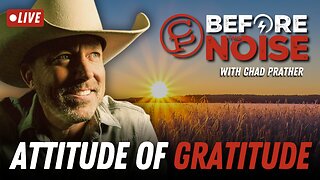 1:13:11
1:13:11
Chad Prather
18 hours agoGratitude That Grows in Hard Ground: A Thanksgiving Message for the Soul
68.4K40 -
 LIVE
LIVE
LFA TV
14 hours agoLIVE & BREAKING NEWS! | WEDNESDAY 11/26/25
4,069 watching -
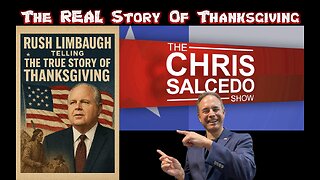 1:59:03
1:59:03
The Chris Salcedo Show
14 hours ago $11.63 earnedRemembering Rush On A Truly American Holiday
30.9K2 -
 36:24
36:24
Julie Green Ministries
5 hours agoLIVE WITH JULIE
102K218 -
 1:05:27
1:05:27
Crypto Power Hour
13 hours ago $9.94 earnedWhat You Need To Know About Gold Tokenization
66.9K8 -
 1:46:14
1:46:14
LIVE WITH CHRIS'WORLD
14 hours agoTHE WAKE UP CALL - 11/26/2025 - Episode 14
30.8K2 -
 2:16:19
2:16:19
The Bold Lib
17 hours agoBOLDCHAT: Trump Pardons | DOGE | Patel w/ANGELA BELCAMINO
40.8K6 -
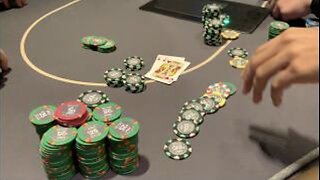 47:14
47:14
Brad Owen Poker
1 day ago $2.93 earnedI Have STRAIGHT FLUSH vs Flopped NUTS!! ALL IN w GOLD BRACELET LEGEND!! $15,000+! Poker Vlog EP 358
28.1K -
 36:11
36:11
Uncommon Sense In Current Times
20 hours ago $7.20 earnedThe Truth About the Abortion Pill | Sue Liebel Exposes FDA Failures & Hidden Dangers
41K2 -
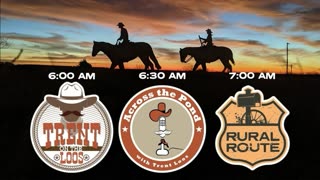 2:05:12
2:05:12
BEK TV
1 day agoTrent Loos in the Morning - 11/26/2025
24.7K